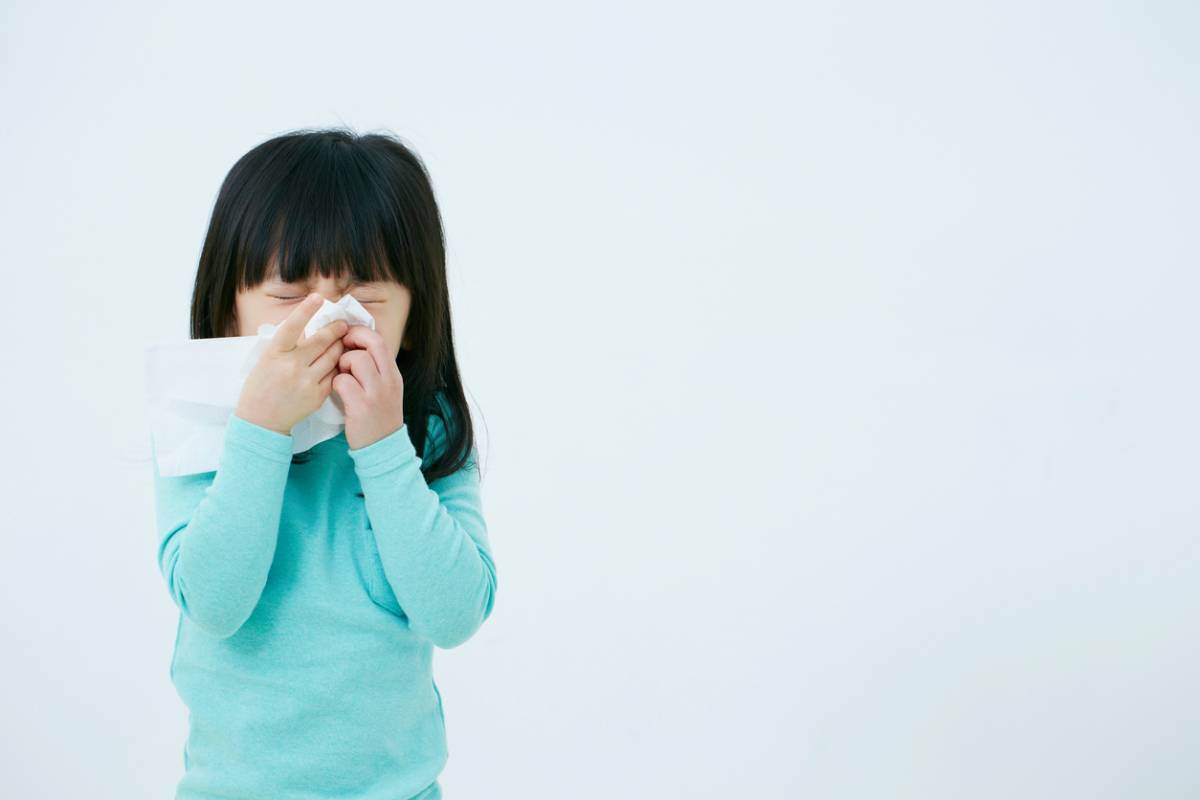Whenever your child has a cough or can’t stop sniffling, you might worry that they are coming down with a cold. It might be a virus, or it could be allergies. While allergies are very common and they come in many shapes and forms, it is imperative that you know what allergens are affecting your kids. Today, your trusted asthma specialist will take you through this short guide to allergies in children. Learn about common allergies, common allergy symptoms in kids, and the best treatment options available.
Guide to Allergies in Children
Kids tend to be susceptible to more allergens than adults, as most adults with allergies developed those symptoms as children. Some allergies are more common than others, however. Anytime your child’s immune system has an overreaction to something irritating, like plant pollen or pet dander, they will develop dangerous symptoms. Kids can also be allergic to different types of food, so you have to carefully watch everything they eat.
Common kid’s allergies can come from poor-quality air, environmental pollens, dust mites, and many other particles. Sometimes, these particles can be invisible. That makes it difficult to properly identify and diagnose allergies in kids. Knowing the most prominent symptoms can definitely give you a better idea of what to look out for.
Allergy Symptoms
It may not be immediately obvious that your child is experiencing an allergic reaction. This is because it is also not always obvious what type of allergen has triggered these symptoms. Some of the biggest signs of an allergic reaction to look out for can include:
- Red and watery eyes
- Itching around the eyes, nose, and face
- Development of rashes and hives on the skin
- Sneezing, sniffling, stuffiness, or nasal drip
- Pain and irritation in the ears and mouth
- Symptoms of asthma, such as wheezing and difficulty breathing
- Coughing
No matter if the symptoms seem mild or severe, it is imperative to take your child to the doctor as soon as they are experiencing them. Mild symptoms could very quickly develop into more serious symptoms that require extensive or life-saving care.
How Dr. Shukla Diagnoses Allergies in Children
As stated earlier, it can be hard to accurately diagnose an allergy since there are many potential causes. However, there are several ways we can narrow down the options to gain an accurate overview of your child’s health. The easiest way and the recommended starting point is to schedule a skin-based allergy test. This is done in the doctor’s office with supervised medical staff. Dr. Shukla will make very tiny pin-pricks on the skin with different allergens on them to see if the skin reacts to them.
A symptom-calming medicine or antidote is also administered at the same time to prevent reactions from becoming severe. This test reveals exactly what your child is allergic to so that a proper treatment plan can be made. Additional tests might be required, such as an IgE test that analyzes antibodies.
The Best Allergy Treatments
A lot of allergy treatment starts with prevention. As soon as you know what is causing your child to have an allergic reaction, you should make all efforts to remove that allergen from your home. This might mean that you need to invest in an air purifier to produce cleaner air at home while avoiding outside pollens during the spring. A dehumidifier can keep your child’s room from getting too damp, which is a great environment for allergens. Make sure your child’s teachers and other caretakers know about the allergies so everyone is as prepared as possible.
Schedule Your Child’s Allergy Appointment Today
Dr. Mayank Shukla can develop an effective allergy treatment for kids of all ages. It can be overwhelming when faced with an unknown threat to your child’s health, but there are proper testing tools available to give you better peace of mind. Learn the signs to look out for – and how to avoid them – by scheduling a pediatric pulmonology appointment today.

